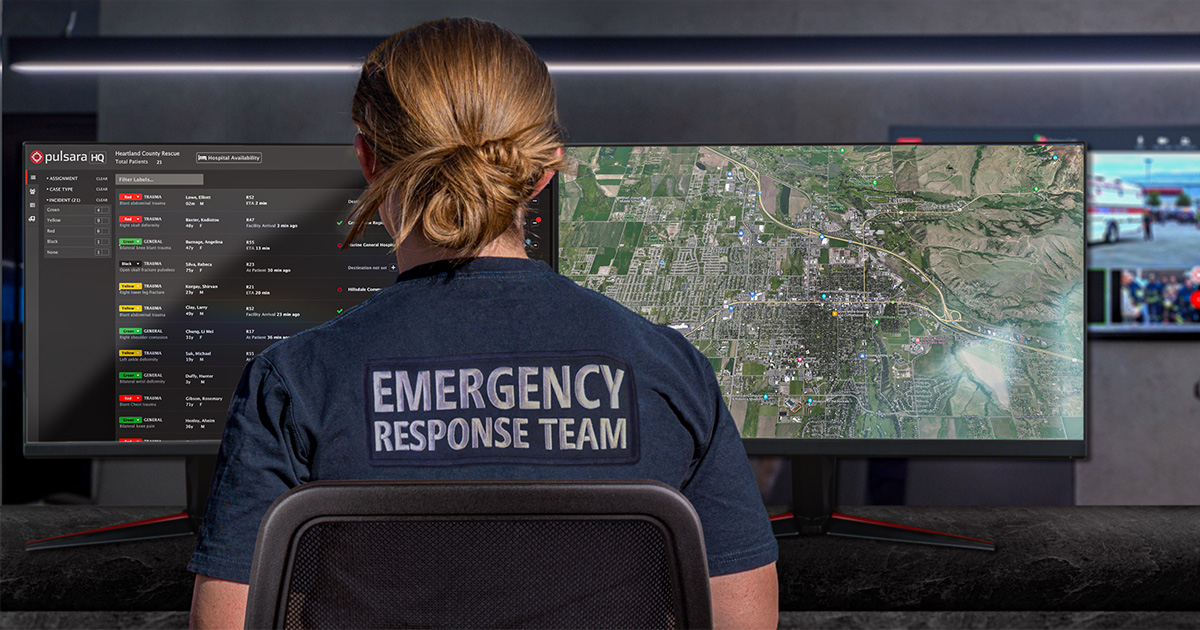5 min read
Finding the Funds for Incident Management in Fire
EDITOR'S NOTE: This article originally appeared on FireRescue1.com. Special thanks to our guest author, Courtney Levin, for FireRescue1 BrandFocus Staff. When resources are lacking, these grant...


